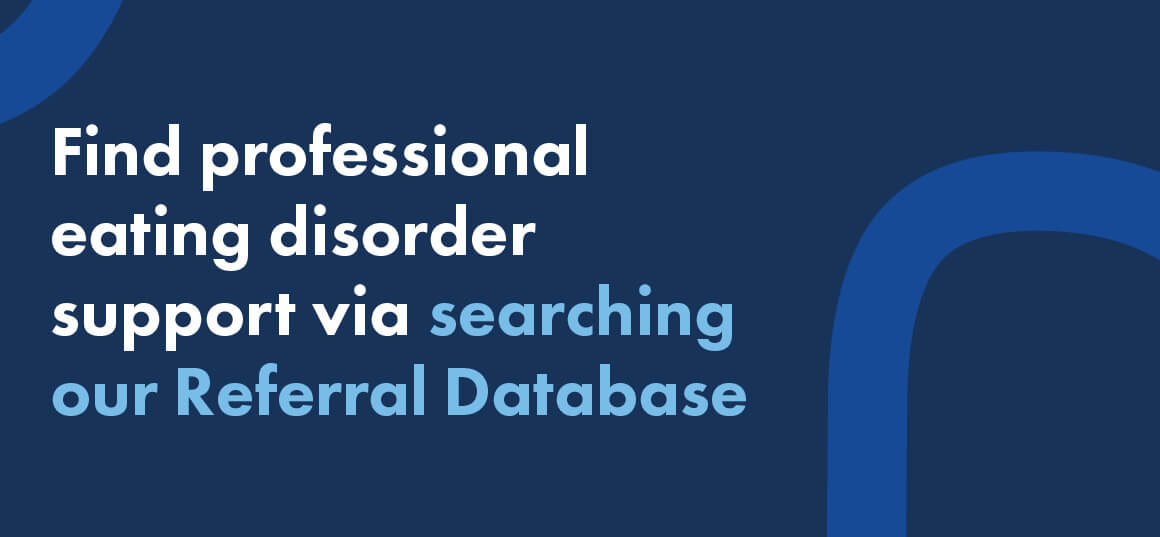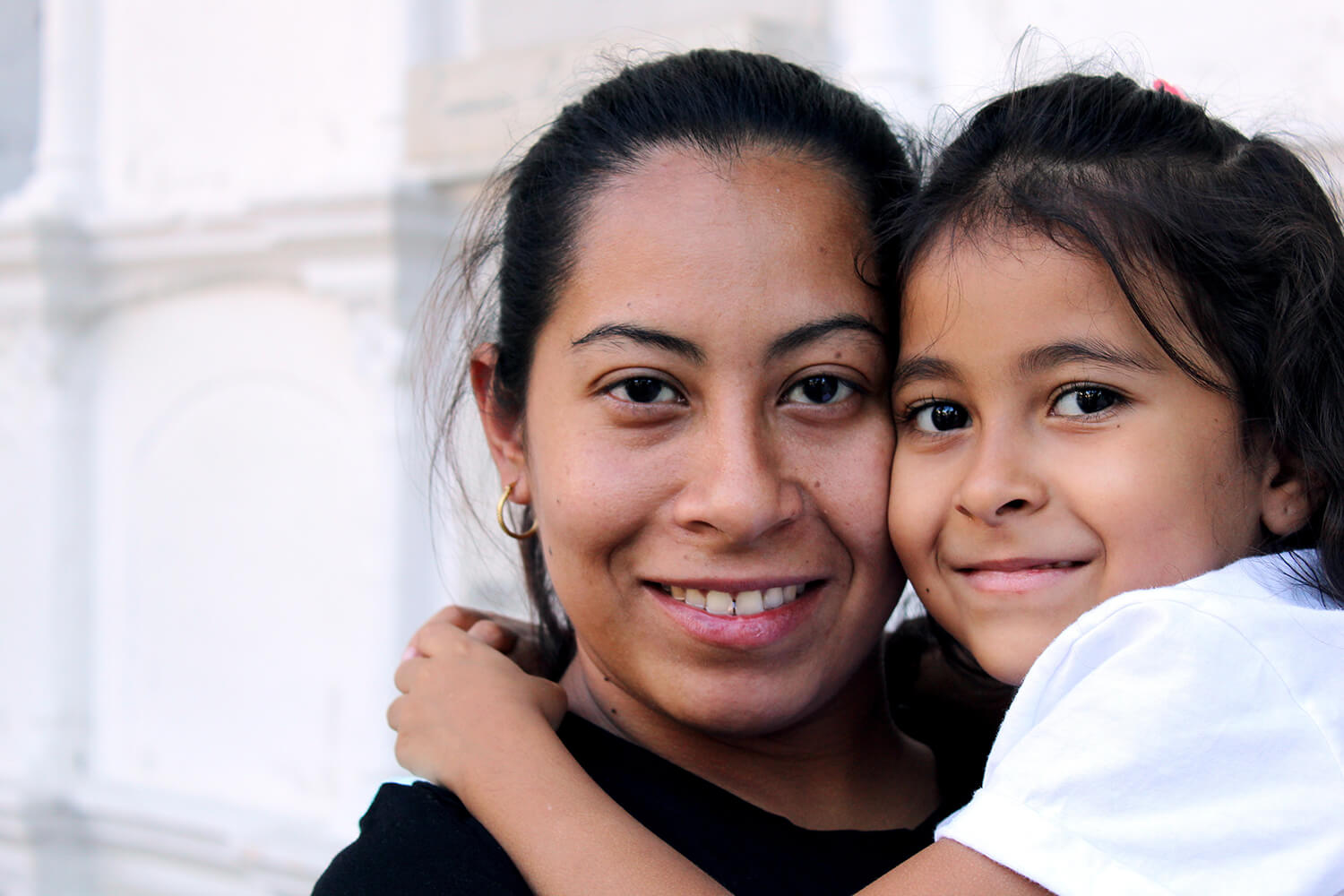How to support a friend
If you have a friend who is already getting help for an eating disorder, this page is for you.
If you suspect your friend may have an eating disorder and want to know how to raise the subject, you may find our page How to Approach Someone You Care About more helpful.
Supporting a friend with an eating disorder can be challenging, but it can make a big difference to their recovery. The first thing to do is make sure you understand some key facts about eating disorders.
About eating disorders
- Don’t assume that an eating disorder is all about food. It might not seem logical, but food is rarely the underlying issue. Food and negative body image and self-talk is often a way of trying to cope with deeper emotional distress.
- People with eating disorders often have strong beliefs that they themselves are deeply flawed and not worthy of attention or help. Your support can help them overcome these beliefs.
- Looking healthy and being well are very different things when it comes to eating disorders. A person recovering from an eating disorder may look like they are back to normal, but the negative thoughts can still be there and they still need your support, sometimes for a long time.
- Learn more here
How you can help
- Encourage your friend to talk about the normal, daily, non-eating disorder parts of their life as much as possible and avoid focusing on the eating disorder.
- Encourage your friend to talk about their feelings with open questions, such as ‘how are you feeling today?’, and then try to listen to their answer without judging or interrupting, even if you don’t agree with some of what they say.
- Be a voice of encouragement when your friend seems tired of the struggle to recover. Remind them of all the positive things about recovery –for example, things that they used to like to do and will be able to do again once they are well.
- Discourage negative self-talk by distracting them onto other subjects and by reminding them of their achievements and progress, no matter how small.
- Remind your friend frequently that recovery is possible.
- Let your friend know that they can call or email the Butterfly Helpline 1800 ED HOPE for further support and encouragement.
“My name is Giulia, I am 20 years old and I have suffered with anorexia nervosa for about five or six years. After knowing firsthand how difficult it can be to communicate about an eating disorder with loved ones, I was inspired to create this list of ten things that I wish my family and friends understood about my eating disorder.” Read more
Things to avoid
It is important to avoid doing or saying things that might make your friend feel ashamed or guilty. For instance, you should try to avoid:
- Being critical of your friend
- Giving simple solutions to overcoming problems, such as saying things like “all you have to do is eat”
- Making generalisations such as ‘never’ and ‘always’ (e.g. “you’re always moody” or “you never want to do anything but exercise”)
- Saying or implying that what your friend is doing is ‘disgusting’, ‘stupid’ or ‘self-destructive’
- Trying to solve your friend’s problems for them
- Getting drawn into a conversation about food, weight, shape or even clothes
- Talking about appearance. Any reference to appearance can be interpreted negatively. Even saying, “You look so well” can mean “You look fat” to someone in recovery. If you want to pay your friend a compliment, try to focus on qualities that don’t relate to the way they look.
Let’s talk
Eating disorders can be hard to detect because they cannot be identified by someone’s size or shape. If you feel concerned about someone you know, Butterfly can help support you to approach them. Call our free and confidential Helpline on 1800 ED HOPE (1800 33 4673), chat online or email.



















